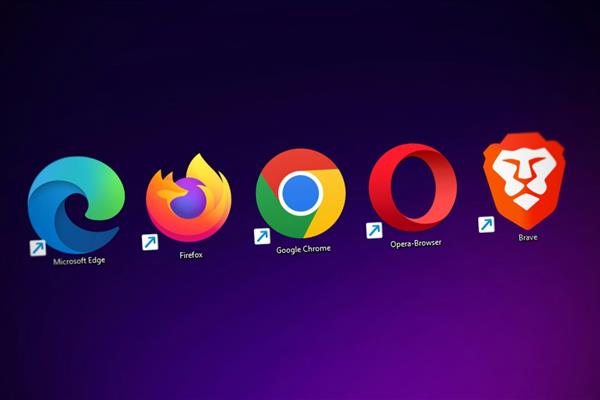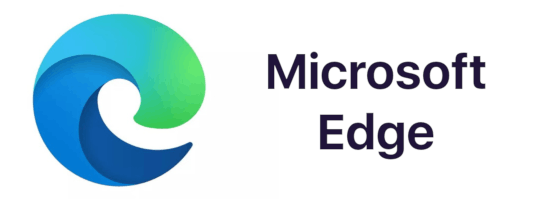Optimal Browser
Having an optimal browser is essential in today's digital age for a seamless and secure online experience. Firstly, a well-designed browser significantly impacts browsing speed and performance. It ensures that web pages load quickly, multimedia content streams smoothly, and web applications operate efficiently. This speed and performance boost not only enhances user satisfaction but also increases productivity, as users can navigate the web with minimal delays and interruptions. Whether accessing information, streaming media, or conducting online transactions, a fast and responsive browser is vital for meeting the demands of modern internet usage.

Secondly, an optimal browser prioritizes security, safeguarding users' personal information and sensitive data from online threats. Through built-in security features such as phishing protection, malware detection, and secure browsing modes, users are shielded from malicious websites and cyberattacks. Regular updates and patches further ensure that known vulnerabilities are addressed promptly, reducing the risk of exploitation by hackers and cybercriminals. By fostering a safe browsing environment, an optimal browser instills confidence in users, encouraging them to explore the web without fear of identity theft, financial fraud, or privacy breaches.
Thirdly, a well-crafted browser offers a user-friendly interface with customizable features that cater to individual preferences and needs. From intuitive navigation controls to personalized settings and themes, users can tailor their browsing experience to suit their preferences. Accessibility features further enhance inclusivity, making the web accessible to users with disabilities. Additionally, robust developer tools empower web developers and designers to create and optimize websites and web applications effectively. By providing a platform for innovation and creativity, an optimal browser supports the growth and evolution of the web, driving technological advancements and improving the overall quality of online experiences for users worldwide.

Google Chrome is a cross-platform web browser created and developed by Google. Based on Statista estimates there were an estimated 3.2 billion internet users worldwide using Chrome as their main browser in 2021.

Microsoft Edge (or simply Edge) is a proprietary, cross-platform web browser created by Microsoft. Microsoft Edge is the default web browser on Windows 10, Windows 10 Mobile, Windows 11, Xbox One, and Xbox Series X and Series S consoles, replacing Internet Explorer 11 and Internet Explorer Mobile. Based on Earthweb estimates there were an estimated 158 million internet users worldwide using Edge as their main browser in 2023.

Mozilla Firefox, or simply Firefox, is a free and open-source web browser developed by the Mozilla Foundation and its subsidiary, the Mozilla Corporation. It uses the Gecko rendering engine to display web pages, which implements current and anticipated web standards As per Firefox statistics for 2022, the browser has around 362 million users across the globe.

Opera is a multi-platform web browser developed by its company Opera Software. The browser is based on Chromium, but distinguishes itself from other Chromium-based browsers (Chrome, Edge, etc.) through its user interface and other features. Based on EnterpriseAppsToday estimates there were an estimated 350 million internet users worldwide using Opera browser.